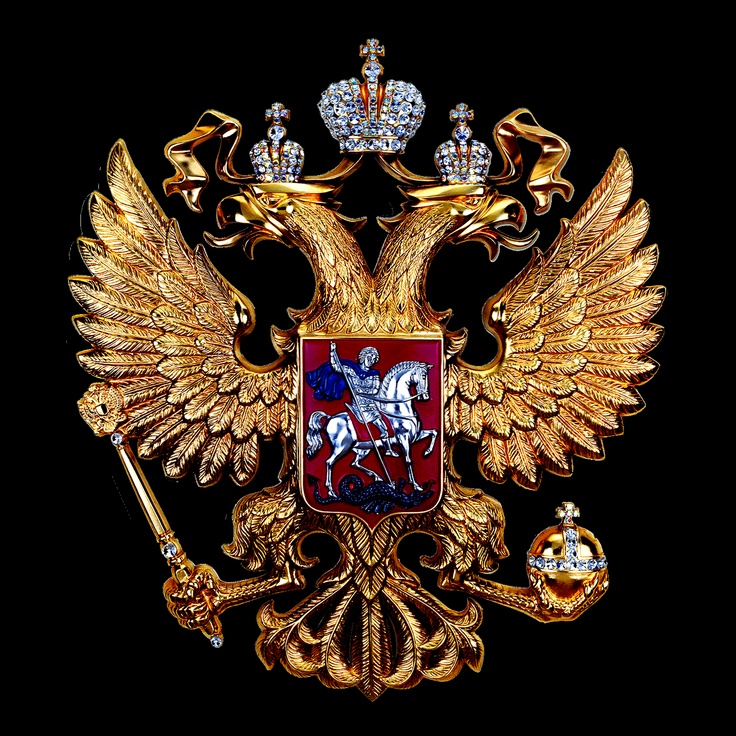The Russian team ends the Summer Olympics in Rio de Janeiro ranking fourth in the unofficial team standings, winning 56 medals – 19 gold, 18 silver and 19 bronze.
That is the worst result for Russian in 20 years but it should be taken into account that this time almost all Russian track and field athletes, all weightlifters and most of the members of the rowing team were not allowed to take part in the Games.
Russia won in those events which were not affected by doping scandals and where its athletes no problems with the admission to the Olympics.
In Rio de Janeiro, the Russian team was ahead of the team of Germany in unofficial team standings and significantly outmatched it in number of medals. Also the performance of Russians in Rio de Janeiro became more diverse: they won medals in 15 events.
Difficult psychological background affected the performance of the team. Many leading athletes, including Yulia Efimova, the team’s main hope in swimming, were allowed to participate in the Games at the last moment thanks to decisions of the Sports Arbitration Court.
At the Games in Rio de Janeiro, only Russian fencing team exceeded the expectations of fans and won seven medals including four gold ones. This happened mainly because fencing was not affected by the doping scandal the Russian team faced recently.
Only the wrestling team of Russia performed better than fencers and won nine medals including four gold ones. It is also obvious that Russian wrestlers could have performed better, if it was not for humiliating defeats of Natalia Vorobyeva and Biljan Machov.
The Russian team won two gold medals of two possible ones in synchronized swimming and rhythmic gymnastics, but everyone got accustomed to domination of Russians in these events and any other result would have been considered a disaster.
The victories of judokas Beslan Mudranov and Hassan Khalmurzaev were the main events of the first days of the Olympics, but in general the Russian judo team performed worse than at the previous Olympics in London winning only three gold medals (5 gold medals in London).
Most of the events were not gold for Russians but some performances of young athletes, although they were not victorious, gave hope for the future.
Russia showed that it has excellent sprinters in cycling track – Anastasia Voinova and Daria Shmeleva who finished second in the team sprint.
19-year-old Stephanie Elfutina won bronze in surf-class sailing event.
The Olympics in Rio also discovered promising swimmers – bronze Olympic medalists Evgeny Rilov (back) and Anton Chupkov (breaststroke).
The silver medal of Russian women archers in the team competition as well as medals of very young shooters – Vitalina Batsarashkina and Vladimir Maslennikov – can be considered a breakthrough.
In swimming and diving events the results were poor. In other situation Yulia Efimova might have won two gold medals instead of two silvers but in any case the last victory of Russian swimmers in the pool dates back to 1996, when Alexander Popov and Denis Pankratov won two gold medals. Over the last 20 years, Russia ceased to be a swimming power.
Russian divers did not win any medals, although four years ago in London, Ilya Zakharov and Evgeny Kuznetsov were strong rivals for the Chinese divers and Zakharov even won gold on three-meter springboard.
A record low number of Russian participants at the Games in Rio de Janeiro was not only because of the removal of track and field athletes and some other sportsmen. Only four Russian teams participated in team sports – men’s and women’s volleyball teams, as well as handball and water polo players.
However, the women’s handball and water polo teams performed brilliantly. For the first time in 16 years Russian water polo players won an Olympic medal, a bronze, while the handball team under the leadership of Eugeny Trefilov undoubtedly became the brightest Russian team at the Olympics.
Having won in all the matches of the tournament, women’s handball team won the first ever Olympic gold medals. It also became the first Russian Olympic champion in the women’s team sports.
In volleyball Russia showed a noticeable retreat in comparison with 2012, when the gold medal was won by the men’s team.
In Rio de Janeiro, Vladimir Alekno’s team was only fourth, losing in the decisive matches to Brazil and the United States.
Women’s team under the leadership of Yuri Marichev became a disappointment losing in the quarterfinals to competitors from Serbia.
The Olympics in Rio de Janeiro was the most challenging for the Russian team. It was difficult to withstand the psychological pressure, as well as to focus directly on the performance in those sports where the management was able to protect athletes as much as possible from external influence.

- Будь в курсе последних новостей и интересных статей, подписывайся на наш канал «NovorossiaToday»
- Be aware of the current events and interesting articles, subscribe to our channel «NovorossiaToday»
- Pour ne rien manquer de la derniere actualite et des articles interessants, suis notre chaine Telegram en direct«NovorossiaToday»








